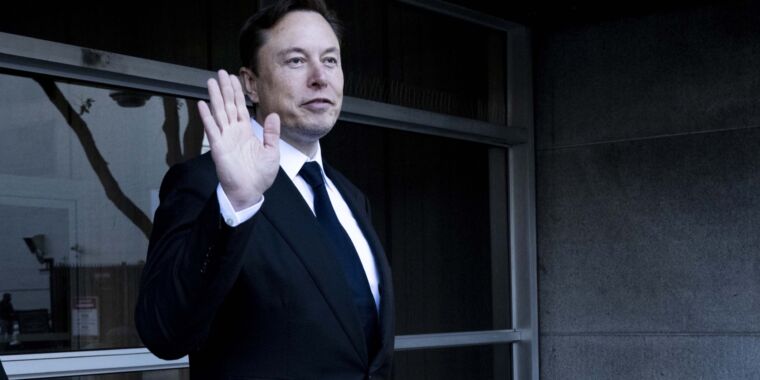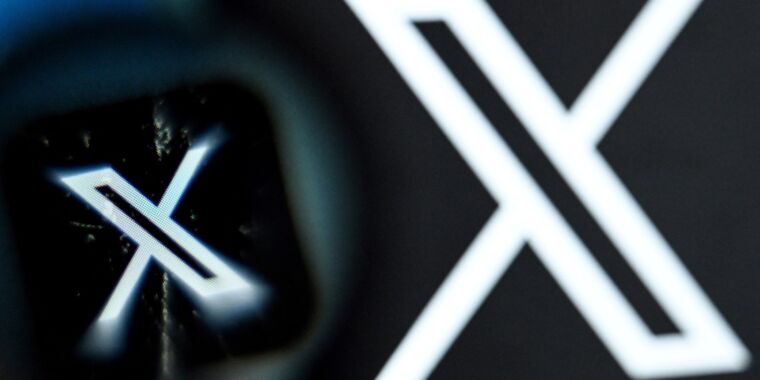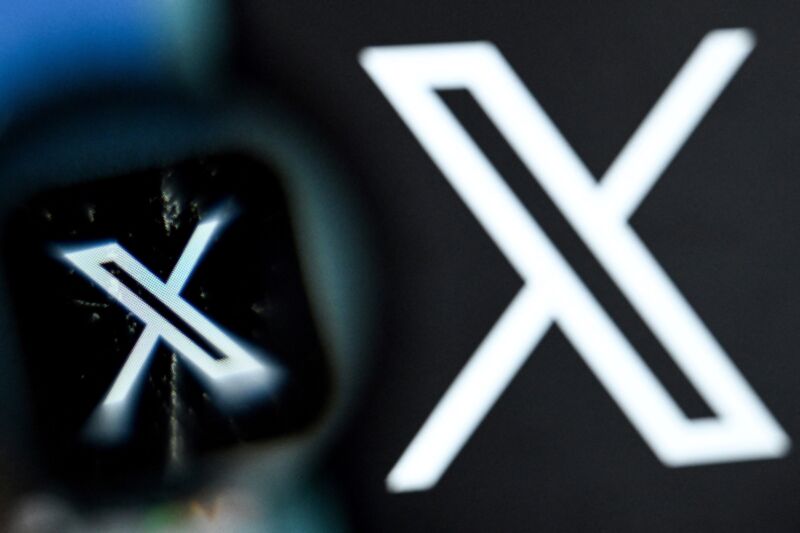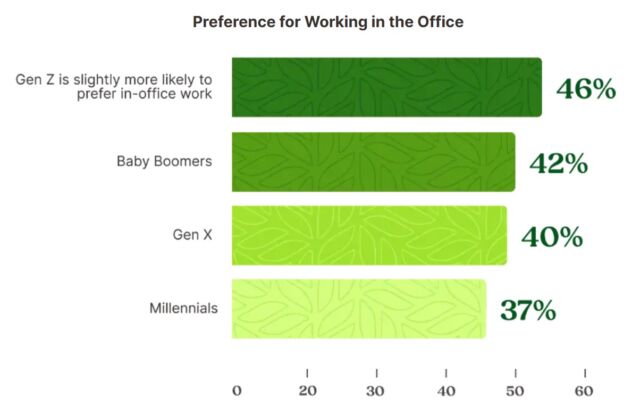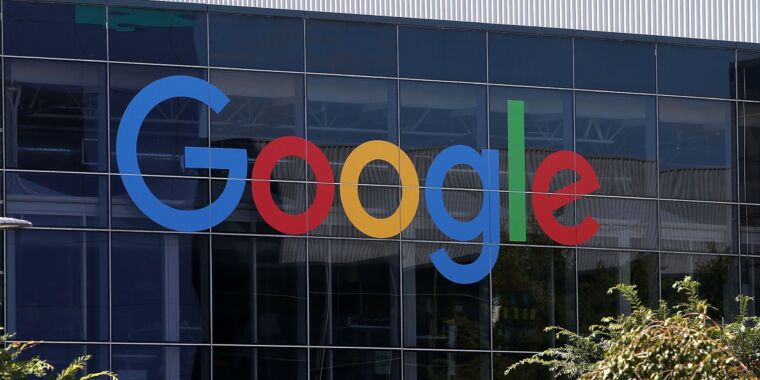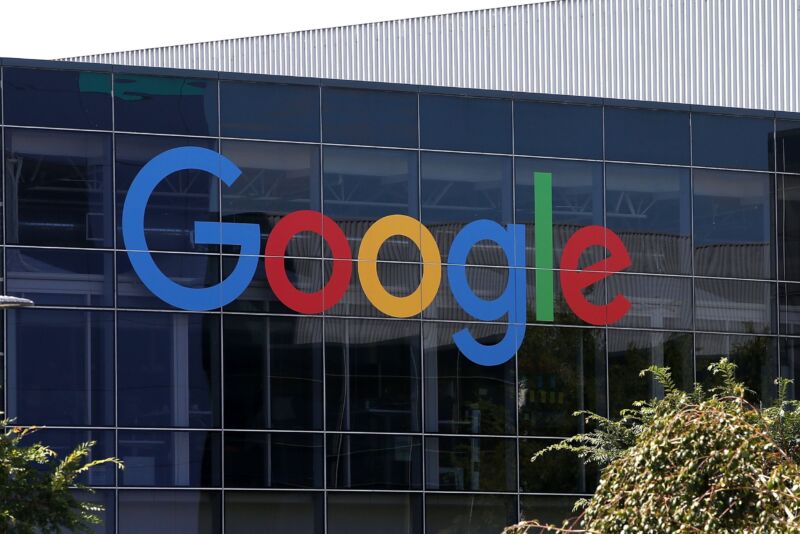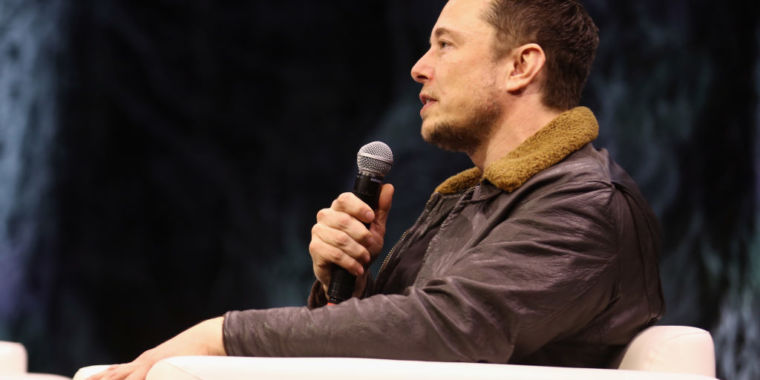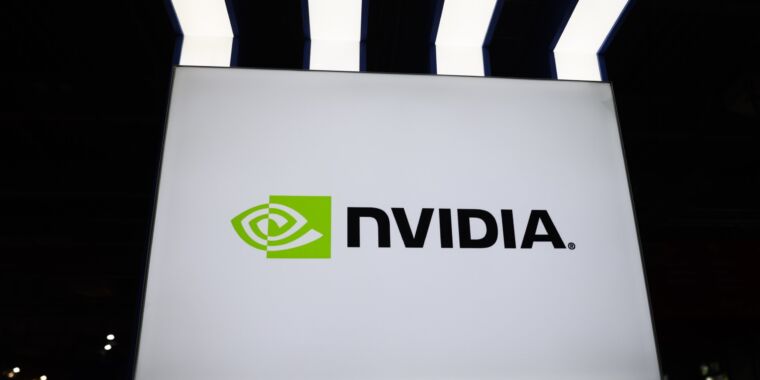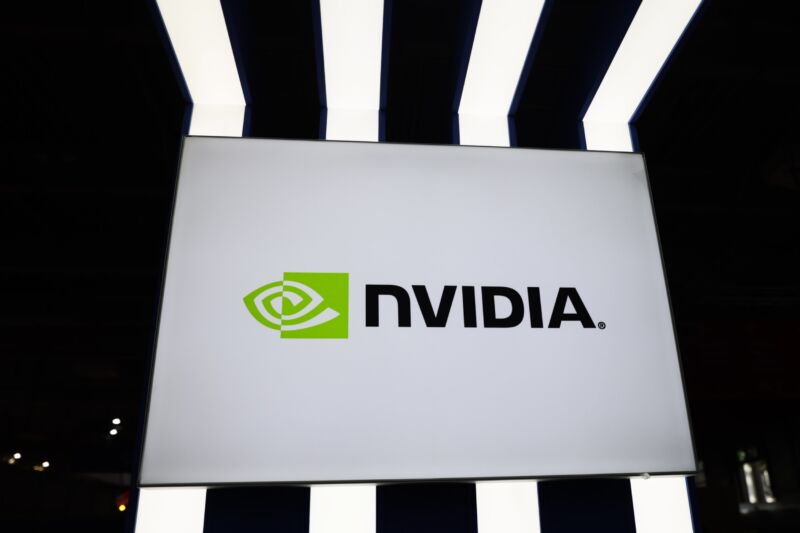Musk says he’s winning Tesla shareholder vote on pay plan by “wide margin”
Tesla shareholder vote —
Court battle over pay plan will continue even if Musk wins shareholder vote.

Enlarge / Elon Musk.
Getty Images | Bloomberg
Elon Musk said last night that Tesla shareholders provided enough votes to re-approve his 2018 pay package, which was previously nullified by a Delaware judge. A proposal to transfer Tesla’s state of incorporation from Delaware to Texas also has enough votes to pass, according to a post by Musk.
“Both Tesla shareholder resolutions are currently passing by wide margins!” Musk wrote. His post included charts indicating that both shareholder resolutions had more than enough yes votes to surpass the “guaranteed win” threshold.
The Wall Street Journal notes that the “results provided by Musk are preliminary, and voters can change their votes until the polls close at the meeting on Thursday.” The shareholder meeting is at 3: 30 pm Central Time. An official announcement on the results is expected today.
Under a settlement with the Securities and Exchange Commission, Musk is required to get pre-approval from a Tesla securities lawyer for social media posts that may contain information material to the company or its shareholders. Tesla today submitted an SEC filing containing a screenshot of Musk’s X post describing the preliminary results, but the company otherwise did not make an announcement.
Legal uncertainty remains
The vote isn’t the last word on the pay package that was once estimated to be worth $56 billion and more recently valued at $46 billion based on Tesla’s stock price. The pay plan was nullified by a Delaware Court of Chancery ruling in January 2024 after a lawsuit filed by a shareholder.
Judge Kathaleen McCormick ruled that the pay plan was unfair to Tesla’s shareholders, saying the proxy information given to investors before 2018 was materially deficient. McCormick said that “the proxy statement inaccurately described key directors as independent and misleadingly omitted details about the process.”
As the Financial Times wrote, there would still be legal uncertainty even if shareholders re-approve the pay deal today:
In asking shareholders to approve of the same 2018 pay package that was nullified by the Delaware Court of Chancery in January, Tesla is relying on a legal principle known as “ratification,” in which the validity of a corporate action can be cemented by a shareholder vote. Ratification, the company told shareholders in a proxy note earlier this year, “will restore Tesla’s stockholder democracy.”
This instance, however, is the first time a company has tried to leverage that principle after its board was found to have breached its fiduciary duty to approve the deal in the first place.
Even Tesla admits it does not know what happens next. “The [Tesla board] special committee and its advisers noted that they could not predict with certainty how a stockholder vote to ratify the 2018 CEO performance award would be treated under Delaware law in these novel circumstances,” it said in a proxy statement sent to shareholders.
The BBC writes that “legal experts say it is not clear if a court that blocked the deal will accept the re-vote, which is not binding, and allow the company to restore the pay package.”
New lawsuit challenges re-vote
The re-vote was already being challenged in the same Delaware court that nullified the 2018 vote. Donald Ball, who owns 28,245 shares of Tesla stock, last week sued Musk and Tesla in a complaint that alleges the Tesla “Board has not disclosed a complete or fair picture” to shareholders of the impact of re-approving Musk’s pay plan.
That includes “radical tax implications for Tesla that will potentially wipe out Tesla’s pre-tax profits for the last two years,” the lawsuit said. The Ball lawsuit also alleged that “Musk has engaged in strong-arm, coercive tactics to obtain stockholder approval for both the Redomestication Vote and the Ratification Vote.”
Tesla Board Chairperson Robyn Denholm urged shareholders to re-approve the Musk pay plan, suggesting that Musk could leave Tesla or devote less time to the company if the resolution is voted down.
Musk says he’s winning Tesla shareholder vote on pay plan by “wide margin” Read More »
